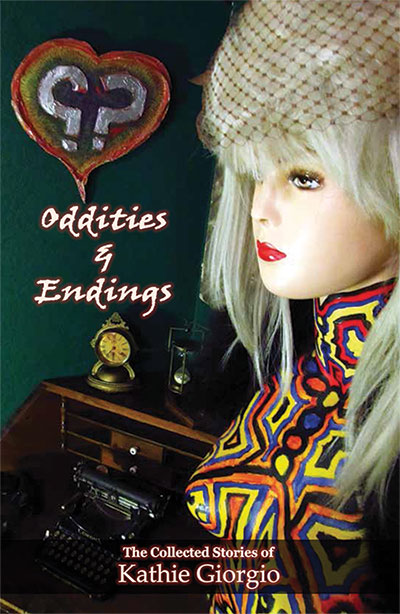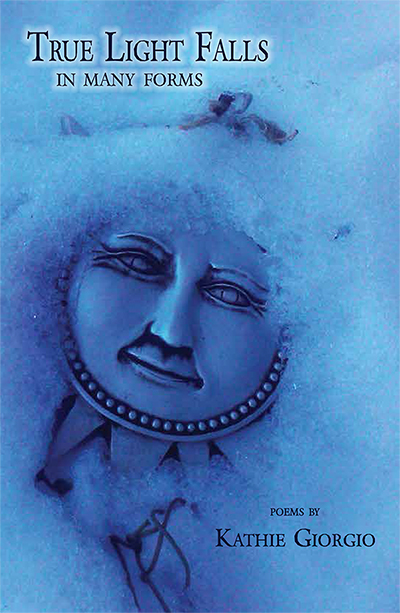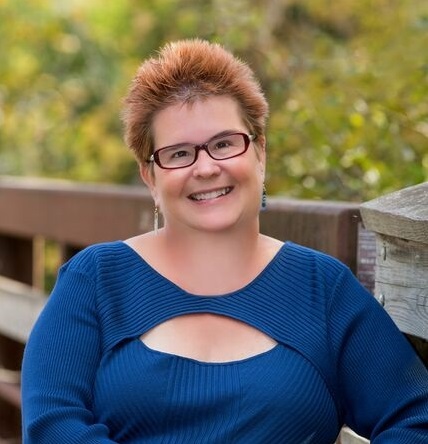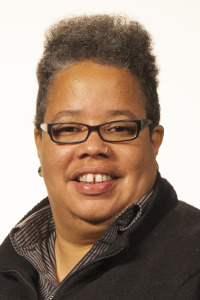 As a child growing up in a Pennsylvania steel town that was close but also worlds away from both Philadelphia and New York, reading was totally central to my life and the way that I connected to the world. Like many lifelong readers, the world of books was often more real to me than the physical world around me. My family struggled economically with ten kids and no support or connection to extended family. My father was an immigrant from Africa and my mother—a white woman from the Midwest—was completely disowned by her family when she married my father in 1965. Interracial marriage was still illegal in many states when they married and immigrants from Africa were almost wholly unknown in our town at this time. Everything about our family was strange to those we lived around and my own sense of this was compounded by my knowledge very early on that I was a homosexual.
As a child growing up in a Pennsylvania steel town that was close but also worlds away from both Philadelphia and New York, reading was totally central to my life and the way that I connected to the world. Like many lifelong readers, the world of books was often more real to me than the physical world around me. My family struggled economically with ten kids and no support or connection to extended family. My father was an immigrant from Africa and my mother—a white woman from the Midwest—was completely disowned by her family when she married my father in 1965. Interracial marriage was still illegal in many states when they married and immigrants from Africa were almost wholly unknown in our town at this time. Everything about our family was strange to those we lived around and my own sense of this was compounded by my knowledge very early on that I was a homosexual.
Trips to the library were weekly. And, unlike trips to the store, we were each allowed to leave with something that we picked out. Two books each was the limit. Picking those books at the Southside branch of the local library was part of an experience that leaves me with an excited feeling to this day when I enter any library anywhere, which of course I do frequently. This is not to say the trips were all pleasure without pain or risk. What we choose to read was a more serious question then most of the others we faced over the course of the week. It meant the difference in what world we would live in that week.
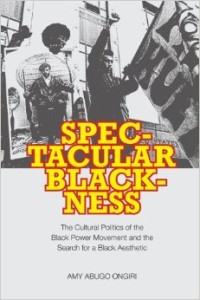 When I began to write non-fiction, I was attracted to the stories of people who took risks with their lives and who also attempted to literally create and craft new and different worlds. Though now remembered for their radical stance that brands them as “anti-white,” Black Power activists were attempting to create a world in which Africa and African culture would be celebrated in the US. Black Power culture challenged everything that Americans thought they knew about themselves. I ask readers to look beyond the media image of groups like the Black Panthers to risk seeing them and the challenges that they present in a new way. I also challenge readers to think of the sexual politics behind the things they think that they know such as the culture of the nineteen fifties.
When I began to write non-fiction, I was attracted to the stories of people who took risks with their lives and who also attempted to literally create and craft new and different worlds. Though now remembered for their radical stance that brands them as “anti-white,” Black Power activists were attempting to create a world in which Africa and African culture would be celebrated in the US. Black Power culture challenged everything that Americans thought they knew about themselves. I ask readers to look beyond the media image of groups like the Black Panthers to risk seeing them and the challenges that they present in a new way. I also challenge readers to think of the sexual politics behind the things they think that they know such as the culture of the nineteen fifties.
Life is filled with risks. My parents took many when each left the life they knew and dared to create a life together in a totally new place without the comfort of friends or family. I still take many risks every time it becomes obvious that I am queer in a world that accepts heterosexuality as the norm. But the risks readers take to expand their worlds endlessly through a life of the imagination seems greater still to me somehow. Twyla Tharp famously said that “art is the only way to run away without leaving home,” but it also challenges us to abandon the idea of home completely. It challenges us to see life as a series of constant challenges for change and growth rather than providing a safe resting place.
